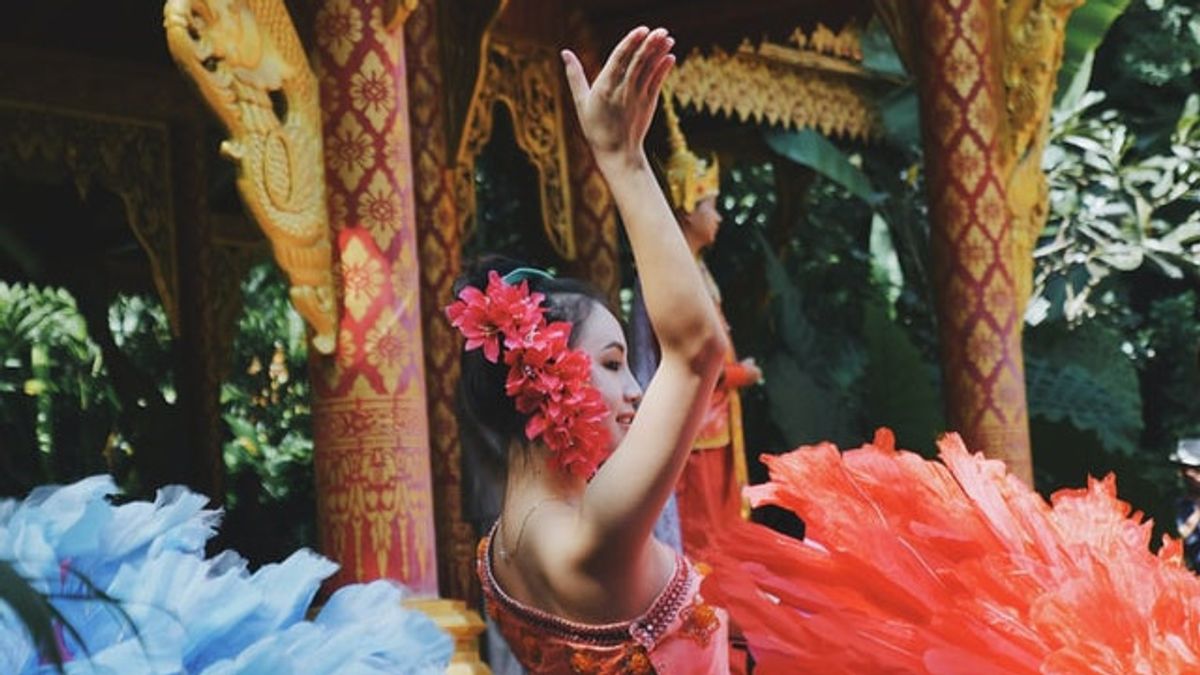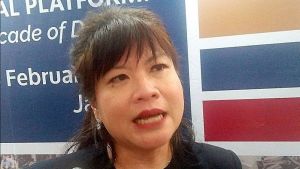JAKARTA - The spread of COVID-19 has forced world governments to adopt lockdown rules. Japan is no exception. Many sectors that are affected by all activities must be closed. One sector that is affected is the entertainment sector.
An exotic dancer named Aya Yumiko admitted that she now only depends on her life from her savings since March. He is still waiting for the bars and clubs in Tokyo to open, where he appears in shows and earns income.
Launching Reuters, Tuesday 5 May, Prime Minister (PM) Shinzo Abe decided that the emergency status due to COVID-19 this week be extended to the end of May. This suggests that Yumiko still has to use up her last spare cash reserves until the end of May before she can return to work.
"My savings are enough to last for two or three months," said the 40 year old dancer.
During his unexpected vacation, he uses a sewing machine at home to make new costumes out of faux fur and other materials. He tried to make the costume fit him until the spring.
Raised in Ishikawa prefecture on the coast of the Sea of Japan, Yumiko dropped out of school and moved to Tokyo when he was 16. She worked in various occupations and traveled overseas before finally becoming an exotic dancer five years ago after seeing a show and wanting to return to the stage.
"I wonder if I'm going to wear this," she said as she sat in her apartment holding one of her new costumes.
Lockdown in Japan
Japan's semi-lockdown rules are not as strict as in many countries. Many bars, restaurants and entertainment venues in Japan are simply asked to close, not ordered. However, with the public's awareness of the spread of the disease, even though they were not too forced to close, the bar and restaurant owners still closed their businesses.
Despite the US $ 1.1 trillion stimulus package, Japan's economy is still slowing down. This is shown by falling factory output and consumer prices in Tokyo falling for the first time in three years.
Self-employed workers like Yumiko, who lack access to government financial assistance and have seen their income evaporate and deplete will be among the most vulnerable to economic downturns.
Yumiko said he makes as much as US $ 3,000 per month from two shows a week. Most of that income is the result of visitor tips, which means he has no way of indicating how much he would normally make if he applied for government assistance.
"People like me cannot rely on government guarantees," he said.
Under PM Abe's stimulus package, entrepreneurs can claim as much as 1 million yen or US $ 9,335 if they can show their income is more than half that amount.
Japan carries out 1.3 COVID-19 tests per 1,000 people, compared with fewer countries than South Korea and the United States, according to figures compiled by Our World in Data.
"Japan should have acted more quickly, locked up and locked up in a shorter period of time," said Kenji Shibuya, director of the Institute of Population Health at King's College, London.
"If this situation continues, for a longer period of time, then not only health care but the economy will suffer more." he added.
Health authorities say they are following World Health Organization (WHO) guidelines on testing. They also said expanded testing could overwhelm hospitals already overwhelmed with mild cases.
Japan has more than 14,000 confirmed cases of COVID-19 and more than 436 of them have died. Most of these cases occurred in Tokyo. This figure is also much lower than the number of COVID-19 cases in the US and Europe.
The English, Chinese, Japanese, Arabic, and French versions are automatically generated by the AI. So there may still be inaccuracies in translating, please always see Indonesian as our main language. (system supported by DigitalSiber.id)













